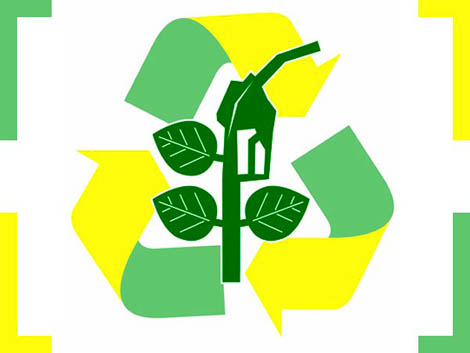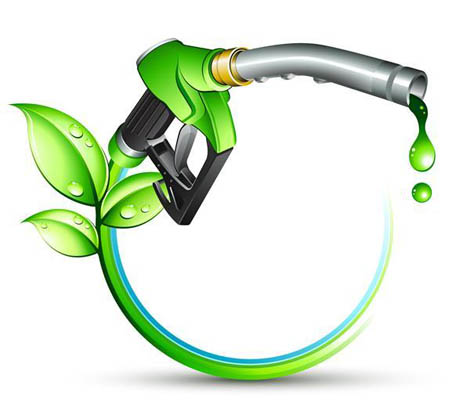 The study 'Wasted: Europe's Untapped Resource', released last week by various environmental organizations, shows that Europe has untapped potential for the production of second-generation biofuels, from the conversion of agricultural waste, forestry and some industries.
The study 'Wasted: Europe's Untapped Resource', released last week by various environmental organizations, shows that Europe has untapped potential for the production of second-generation biofuels, from the conversion of agricultural waste, forestry and some industries.
Quercus, the National Association for the Conservation of Nature, considers, in a statement, that «Portugal and other Member States cannot waste this potential with economic and environmental advantages, at a time when Member States are discussing at the European Council level new climate targets for 2030'.
This study, prepared by the ICCT (International Council for Clean Transportation), with the contribution of various research institutes and the support of innovative companies in this technology and environmental protection associations, points out that the conversion of agricultural, forestry, urban and some industries in second-generation biofuels for the transport sector could avoid importing 37 million tons of oil per year by 2030, equivalent to 16 percent of the demand for road fuels in 2030.
In several European countries – including Portugal – resources and conversion technologies are already available, but the challenge lies in creating a European policy framework that accelerates investment in these biofuels.
To harness the full potential of this waste, technological developments could help create at least 300 direct jobs by 2030 across Europe (excluding indirect jobs), particularly in the collection and conversion of agricultural and forestry waste.
Biofuels produced from this waste can also, according to Quercus, "provide an alternative to declining fossil fuel reserves and significantly reducing GHG emissions in the transport sector", which according to forecasts will be the main source of GHG emissions in 2030 in Europe.
“If the full potential of these biomass residues were tapped, rural economies could benefit from an additional source of revenue of up to 15 billion Euros,” adds the association.
The production of biofuels from waste and other materials can be competitive with conventional agricultural production, although in some countries the availability of raw materials is limited.
 Quercus considers that «Portugal is one of the European countries with the greatest advantages, both because of its diversity and because of the availability of raw materials, such as biogas from urban waste, biodiesel from used cooking oil, bioethanol from waste biomass as a result of cutting down forests and forests, agricultural residues (production of carob, olives) and even energy crops (such as thistle)».
Quercus considers that «Portugal is one of the European countries with the greatest advantages, both because of its diversity and because of the availability of raw materials, such as biogas from urban waste, biodiesel from used cooking oil, bioethanol from waste biomass as a result of cutting down forests and forests, agricultural residues (production of carob, olives) and even energy crops (such as thistle)».
The production of second-generation biofuels could avoid the emission of GHGs, between 60 and 85 percent in most cases, making an important contribution to meeting European climate goals.
However, it is necessary to define sustainability criteria for these second generation biofuels to maintain the carbon balance (such as soil management, biodiversity conservation, protection of water resources).
Mafalda Sousa, from Quercus, points out that «at a time when the targets for reducing GHG emissions by 2030 are being discussed among the Member States at the level of the European Council, this study makes a strong argument that it is necessary to review the biofuels policy until 2020, taking into account the impacts associated with the agricultural production of biofuels (such as changes in land use)».
For the 2030 horizon, says Mafalda Sousa, “it is essential that Member States support the continuity of the goal for reducing GHG emissions in transport, and promote the incentive and investment in cleaner fuels (such as biofuels produced from waste and other materials), whose potential is yet to be explored'.


















Comments